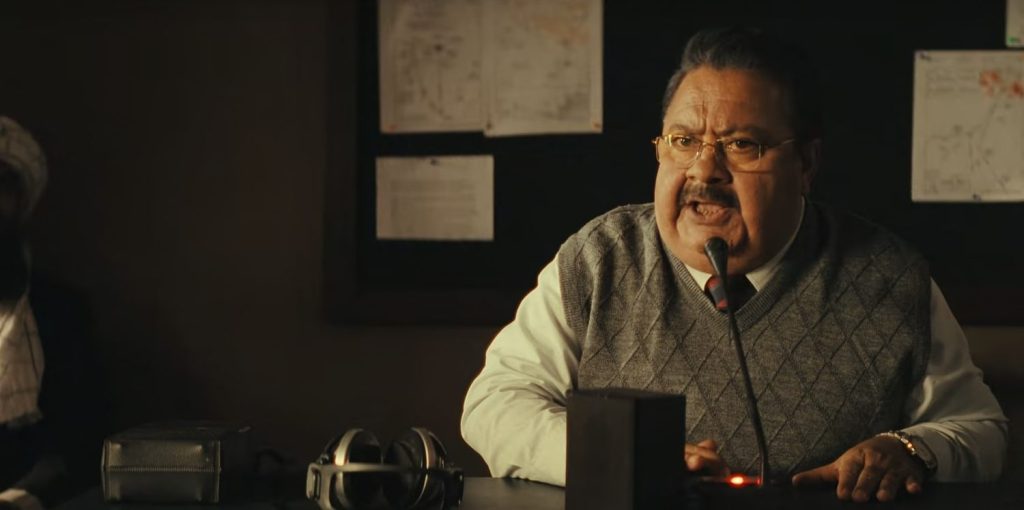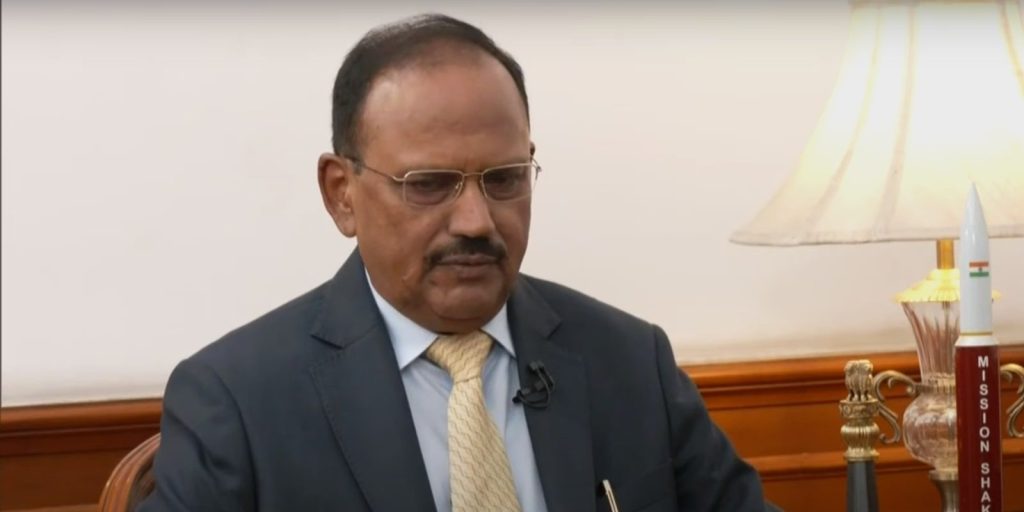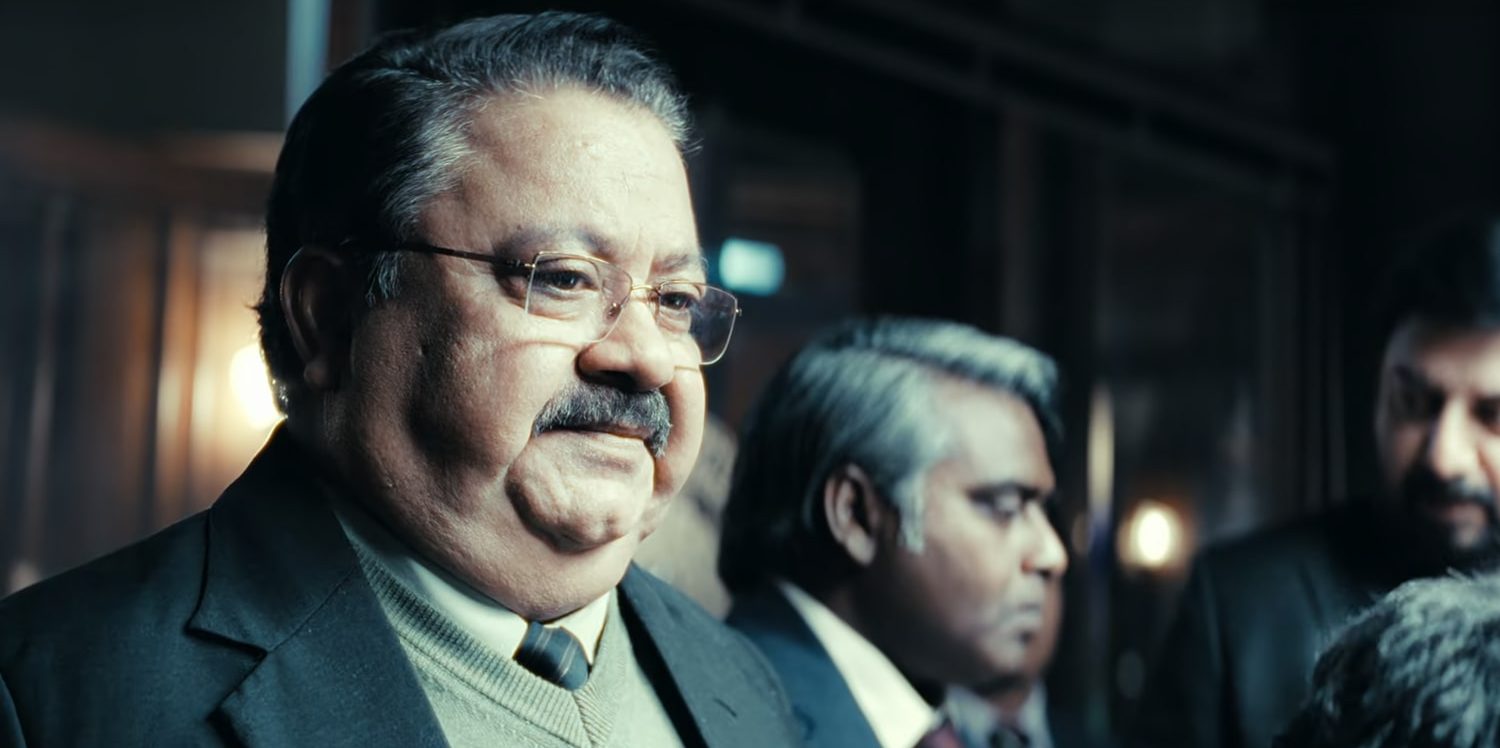‘IC 814: The Kandahar Hijack’ recounts the true story of a hijacked Indian Airlines flight traveling from Kathmandu to New Delhi. The titular airbus is made to land across several places before finally arriving at Kandahar, Afghanistan, which is under the control of the Taliban. The Indian government launches a team of negotiators to rescue the hostages and listen to the demands of the hijackers. Mukul Mohan, the additional director of the Intelligence Bureau (IB), handles the bulk of the discussions with the hijackers, adopting a strict and rigid style while trying to arrive at some form of deal with the aggressors. He plays an integral role in the narrative, offering a glimpse into the complexity of negotiations during the harrowing event. SPOILERS AHEAD.
Mukul Mohan: A Tough Negotiator With Roots in Reality
Mukul Mohan in ‘IC 814: The Kandahar Hijack’ is a semi-fictional character conceived by creators Anubhav Sinha and Trishant Srivastava. He is an incredibly robust operator and takes a no-nonsense approach to his assigned tasks. From the beginning, he is one of the key players working to alleviate the circumstances that come into play after Airbus IC 814 gets hijacked. Later, when duty comes calling, he is recruited as part of the four-person negotiation team led by Ranjan Mishra to open a dialogue with the hijackers and rescue the hostages on the plane. Initially, Mohan is only brought into the fold as a support member. However, after the suggestion of Mishra, the IB chief is made the lead negotiator who is tasked with handling the discussions with the terrorists.

Although the character is fictional, he is inspired by the real-life figure of Ajit Doval, a member of the intelligence group who was working to defuse the situation with the IC 814 plane. On December 27, 1999, three days after the hijacking, Doval was appointed as part of the team of negotiators headed by Vivek Katju, the Joint Secretary in the Ministry of Home Affairs. Having dealt with previous Indian Airlines hijack cases, he was well-versed in handling such scenarios. As part of the Kandahar negotiation team, Doval obtained safe haven for the passengers and flight crew stuck on the airbus by exchanging three terrorists — Maulana Masood Azhar, Ahmad Omar Sayid, and Mushtaq Ahmed Zarqar — with the hijackers.
He later stated that the negotiation was a diplomatic failure on the Indian side as the terrorists had the upper hand throughout. In the book, ‘Defeat is an Orphan: How Pakistan lost the Great South Asian War,’ by Myra Macdonald, Doval said, “There were a lot of Taliban on the tarmac with their weapons. If these people were not getting active ISI support in Kandahar, we could have got the hijacking vacated. The ISI had removed all the pressure we were trying to put on the hijackers. Normally that is not the way hijackers talk. Normally the biggest fear is how to get out.” In the show, Mohan, the fictional counterpart of Ajit Doval, maintains a tough exterior to gain more leverage against the terrorists. However, just like the real story, it proves to be a challenging ordeal.
Ajit Doval is the National Security Advisor of India Today
Ajit Doval has a long history of working in espionage matters that predate his work as a negotiator during the IC 814 crisis. After his efforts in bringing back the Indian civilians from Kandahar, Doval was appointed as the director of the Intelligence Bureau. A few years later, in 2005, the spymaster retired from his post and moved into the domain of public discourse. He wrote several think pieces and articles on the nation’s security, a subject he is well-versed in. He also founded an Indian public policy think-tank named the Vivekananda International Foundation (VIF) in New Delhi, which was dictated by right-on-center ideals, focusing primarily on national security issues and strategic studies. On May 30, 2014, Doval came out of retirement after being appointed the fifth National Security Advisor of India.

Subsequently, he was involved in the release of 46 Indian nurses in Tikrit, Iraq, after they were trapped in a hospital following the attack on Mosul by the Islamic State in Iraq and the Levant in 2014. He was also one of the co-conspirators alongside Army Chief General Dalbir Singh Suhag in organizing an operation against a separatist group working out of Myanmar in 2015. The man has been one of the influential figureheads of Indian Prime Minister Narendra Modi’s cabinet of advisors, often handling some of the most high-profile security cases. Just like his fictional counterpart in ‘IC 814: The Kandahar Hijack,’ he is regarded as a swift and efficient operator within the government. Ajit Doval is currently the longest-serving NSA in India, with his present term being the third time his reign has been extended since his appointment in 2014.
Read More: IC 814: Is DRS Based on a Real Person?


You must be logged in to post a comment.